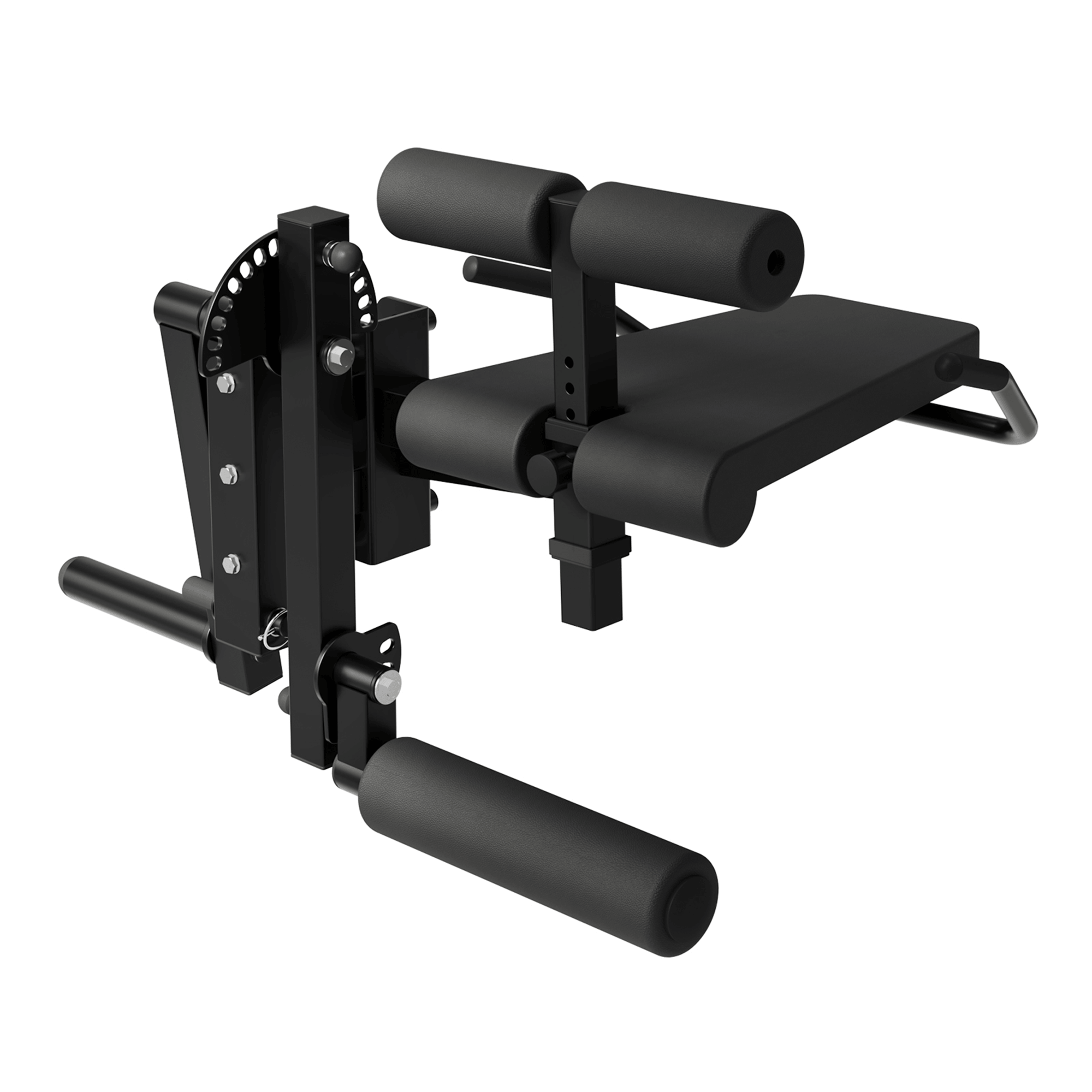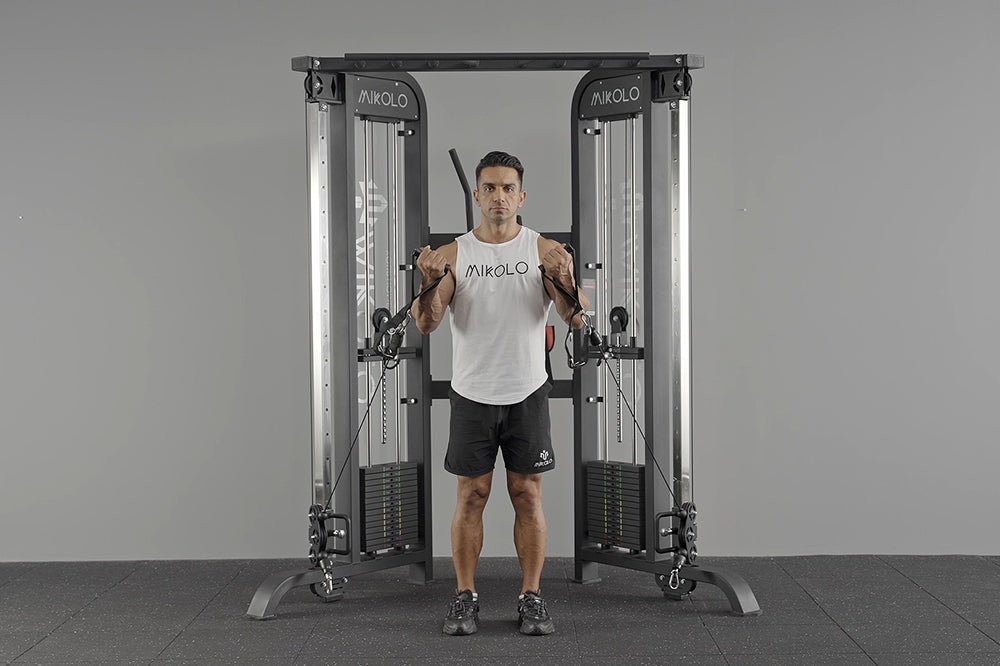When budgets are tight or sustainability is a priority, buying used equipment becomes a smart and strategic option. Whether you're a gym owner looking to upgrade your space or a home workout enthusiast trying to build a setup without overspending, the used equipment sale market is full of potential—if you know what to look for.
Why Buy Used Equipment?
The biggest draw is obvious: cost savings. Brand-new equipment can easily stretch your budget thin, especially when outfitting an entire space. In contrast, used equipment for sale often offers the same utility at a fraction of the price. It's also a great way to test out machines or tools you’re unsure about without making a long-term financial commitment.
Beyond price, there’s also the environmental benefit. Giving old equipment for sale a second life helps reduce waste and supports a more sustainable fitness industry.
Common Equipment Found on the Secondhand Market
The secondhand fitness market is incredibly diverse. You’ll regularly see:
-
Commercial-grade treadmills and ellipticals
-
Dumbbell sets and weight plates
-
Functional trainers and cable machines
-
Racks, benches, and specialty bars
These items are often sold due to gym renovations, upgrades, or closures—meaning they’re still in great working condition. That makes the sale of used equipment an excellent opportunity for both newcomers and veterans in the fitness space.
My Own Experience with Buying Used
Years ago, I outfitted my garage gym with mostly secondhand equipment. I found a full power rack, barbell set, and bench from a local gym that was relocating. The condition? Nearly flawless. The savings? Over 60% compared to retail. More importantly, the setup lasted me for years and helped me train consistently without worrying about monthly gym fees.
What I learned was this: if you're patient and do your homework, used fitness gear can perform just as well as brand new.
What to Check Before You Buy
When shopping for used equipment, take the same precautions you would with a used car:
-
Inspect for wear and rust. Surface blemishes are fine, but compromised structure isn’t.
-
Ask for the usage history. Equipment from a small studio will have far less wear than gear from a 24-hour chain gym.
-
Test it if possible. Especially with moving parts—ellipticals, rowers, or anything motorized.
-
Look for brand reputation. Established brands often hold up better over time and are easier to find replacement parts for.
Where to Find Quality Used Equipment for Sale
You can find equipment for sell in many places online and in-person:
-
Local classifieds like Craigslist and Facebook Marketplace
-
Specialty retailers that deal in refurbished commercial fitness machines
-
Gym auctions or liquidation sales
-
Online fitness communities and forums
Be cautious when encountering listings labeled “for sale equipment” with little detail or unusually low prices—always verify the condition and seller reputation.
Final Thoughts
The sale of used equipment isn’t just for bargain hunters—it’s for smart buyers. With the right approach, you can get high-quality gear without overspending, reduce waste, and still meet your fitness goals. Whether you’re looking for a single dumbbell set or fully equipping a personal gym, the secondhand route offers options that are practical, reliable, and often surprisingly rewarding.










































Leave a comment
This site is protected by hCaptcha and the hCaptcha Privacy Policy and Terms of Service apply.